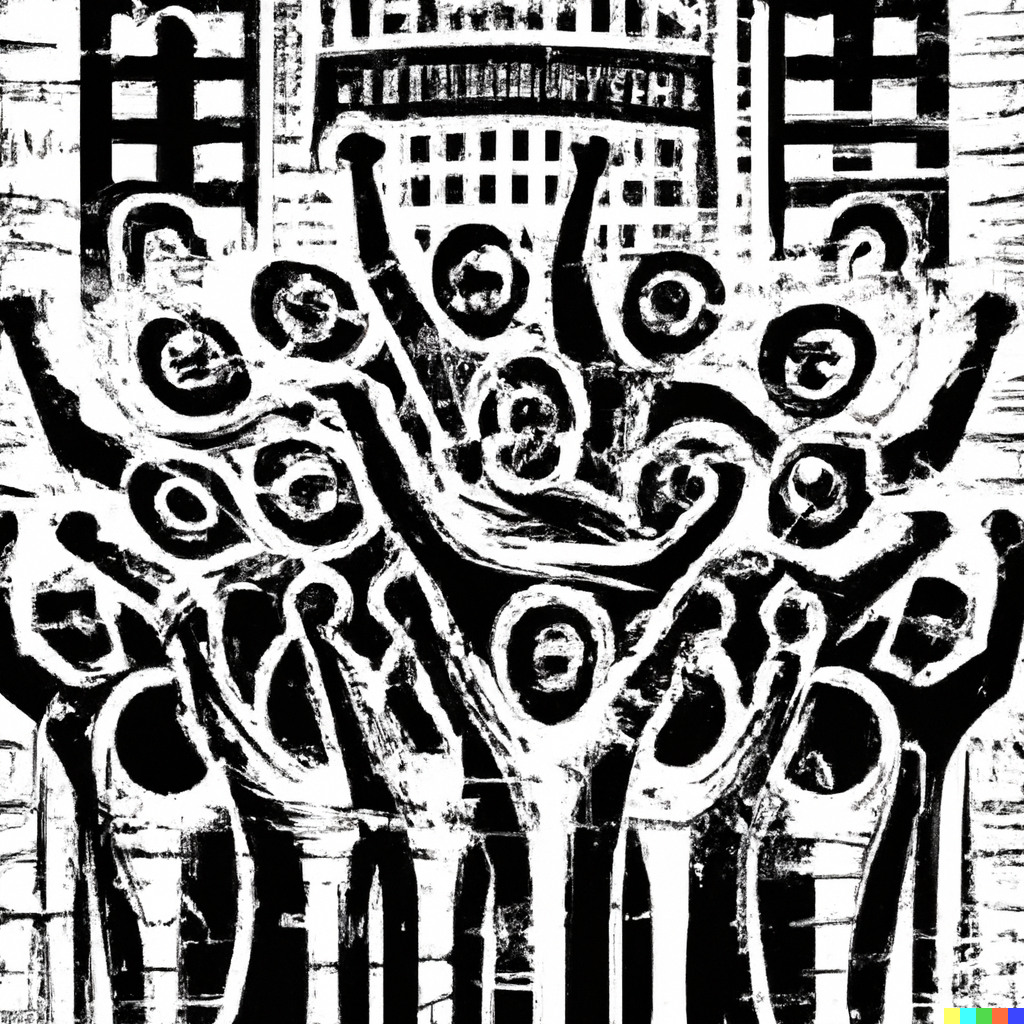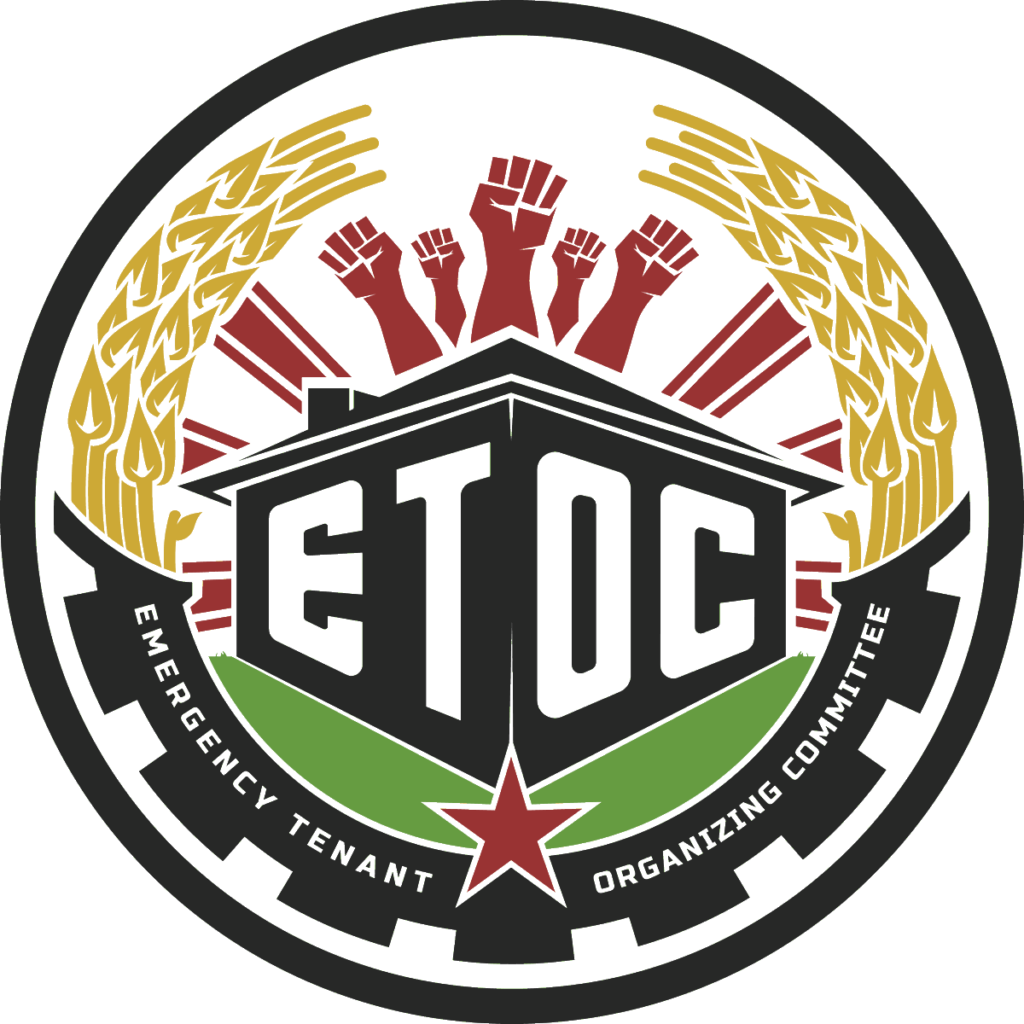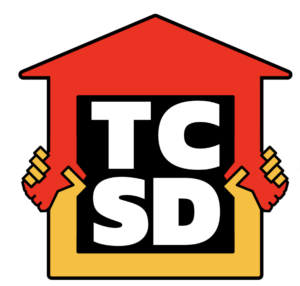
The housing market is not necessary
ETOC: Emergency Tenant Organizing Committee

The Emergency Tenant Organizing Committee program is an ambitious plan to build a outward-facing tenant unionization effort by training and mentoring DSA members & their comrades participating in tenant organizing all across the United States.
The tenant unions that we construct must build organized tenant militancy and capacity as we leverage our working class power in everyday struggles against landlords, developers and other real estate capitalists.
Through development of this rigorous tenant organizing project, ETOC seeks to strengthen the internal coherence & collective purpose of DSA Housing Justice Commission.
The program has three (3) steps: Intake (1), Training (2), Mentorship (3).
ETOC Reach in 2022
DSA chapters represented
Attended training weekend
Mentorship cohorts
New tenants unions

The ETOC 2 Day Training is really good. After we first got trained we sent people who had missed it to subsequent trainings. I really recommend it.
-Ananth, Tenant Councils of San Diego

Mentorship has helped us be less neurotic. Being able to bounce questions off folks with more experience and also getting that outside perspective has been so helpful. It’s really allowed us to move forward.
-Ash, Tenant Councils of San Diego
About the Housing Justice Commission (HJC)
The Housing Justice Commission (HJC) coordinates national and regional campaigns for tenants’ rights and housing policy, and supports local DSA chapters in the creation and expansion of tenant organizing. The HJC has three subcommittees: ETOC, policy, and political education.

ETOC: Development and execution of tenant organizing trainings, mentorship, and chapter outreach.

Policy: Development of tools and resources for housing justice campaigns across DSA (e.g. right to counsel, just cause, social housing)

Political Education: Educational events around housing justice; conducts programs related to socialist theory, history, and methodology.